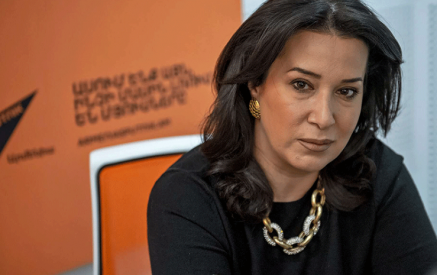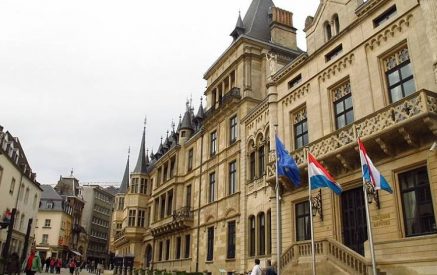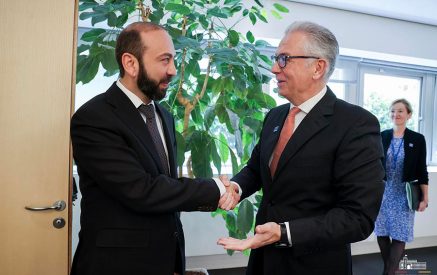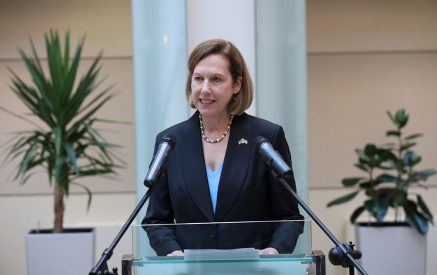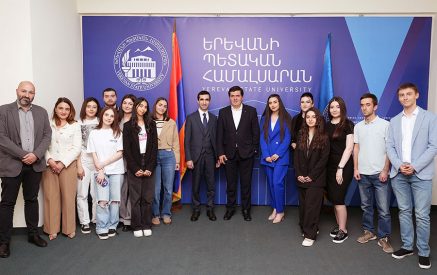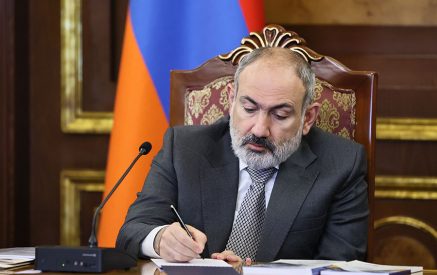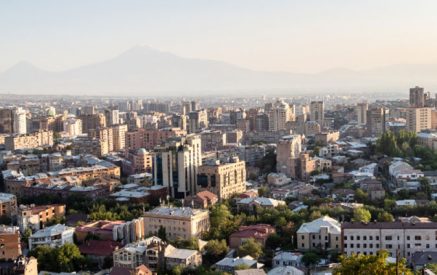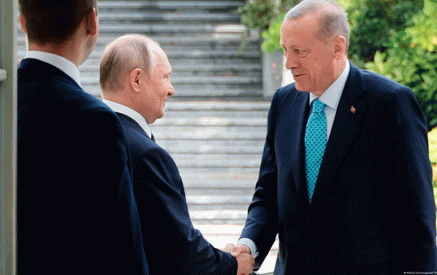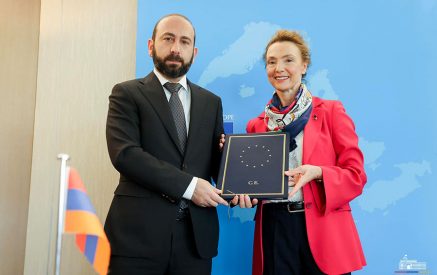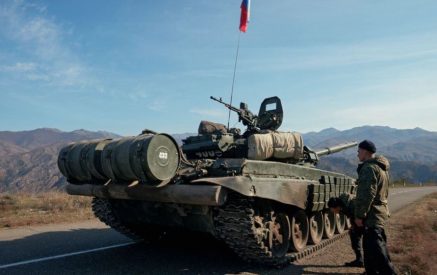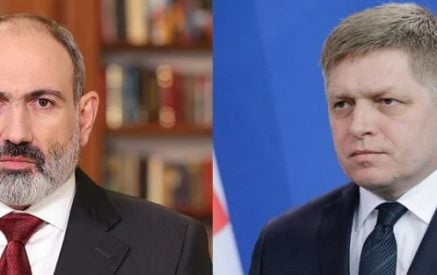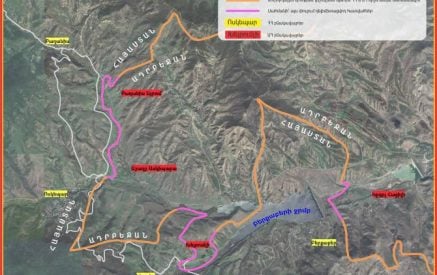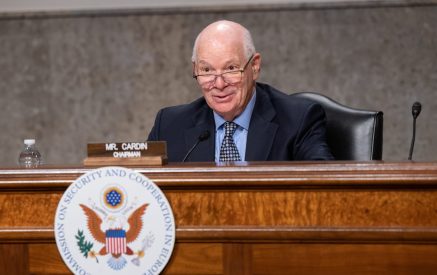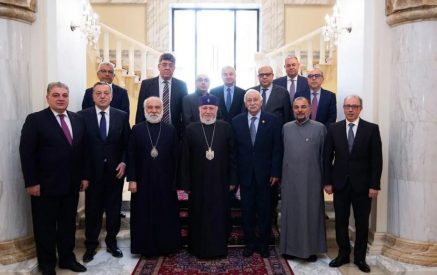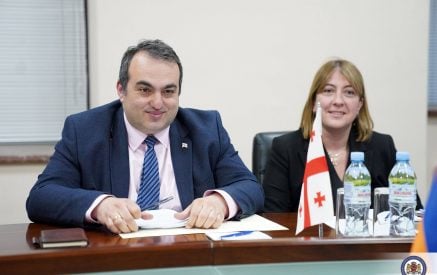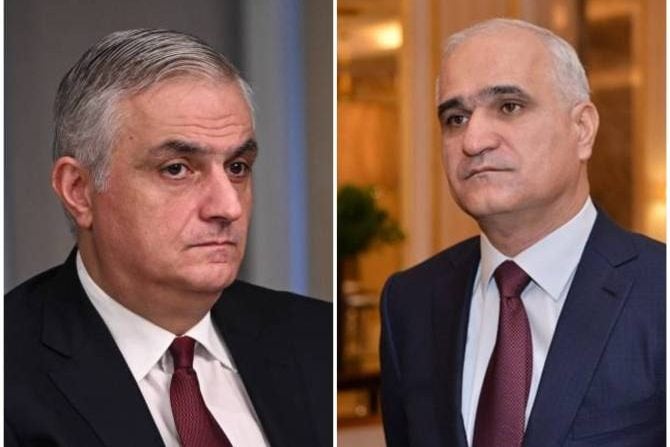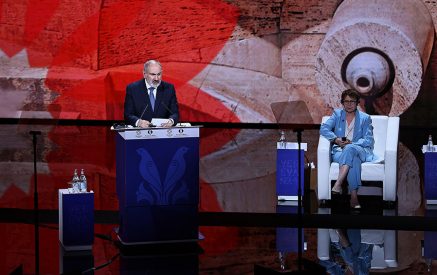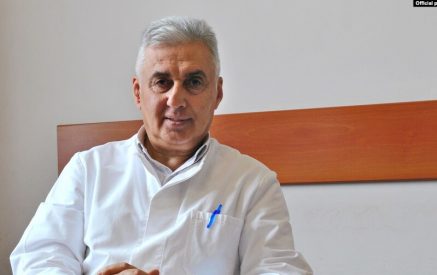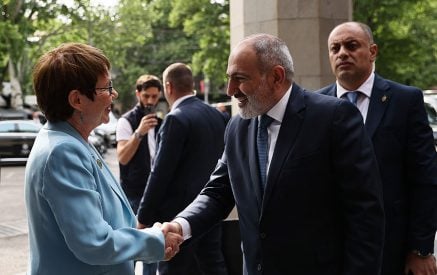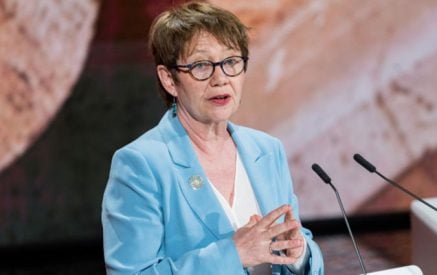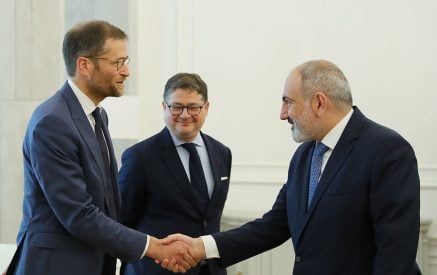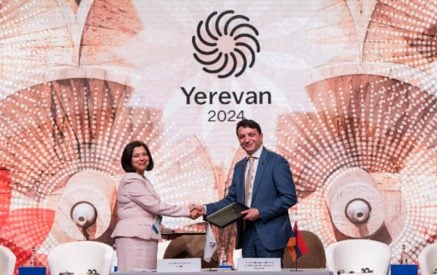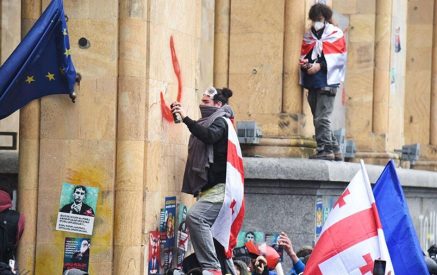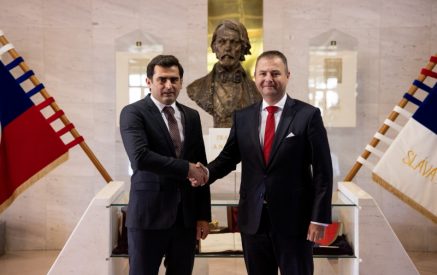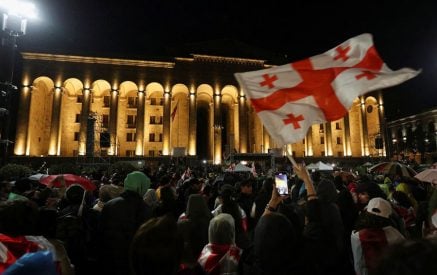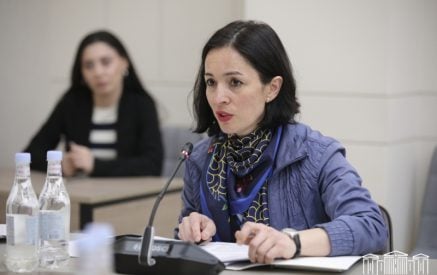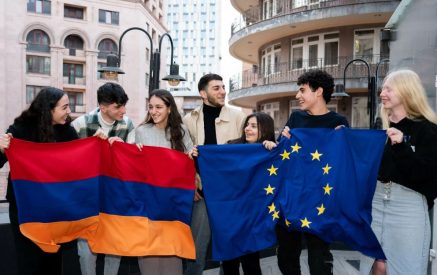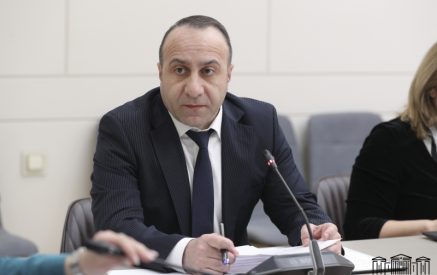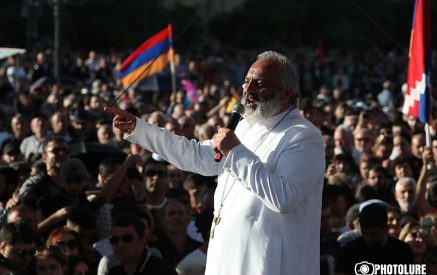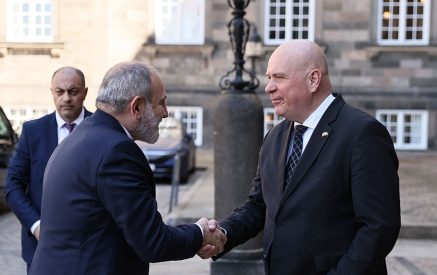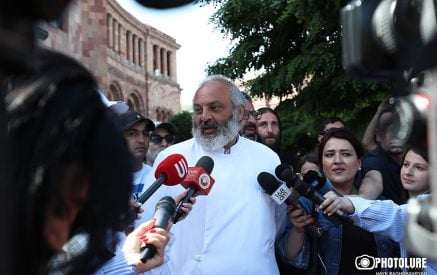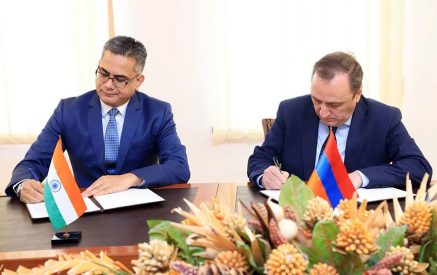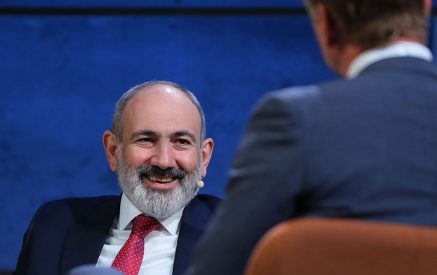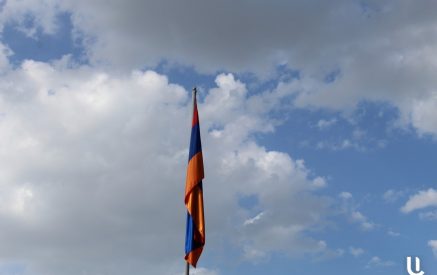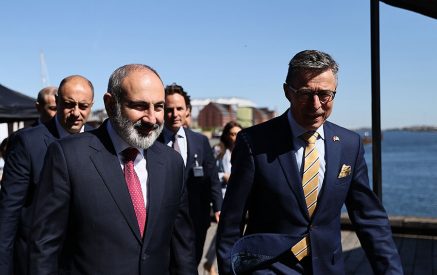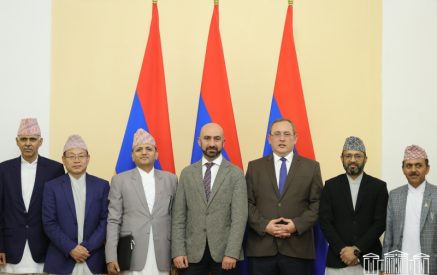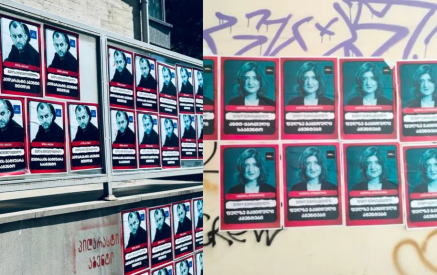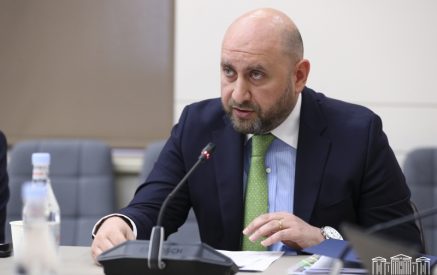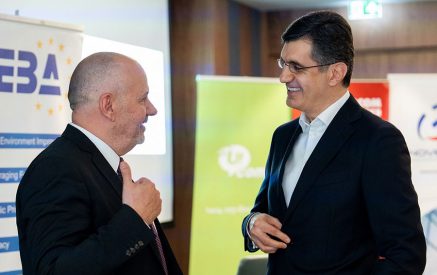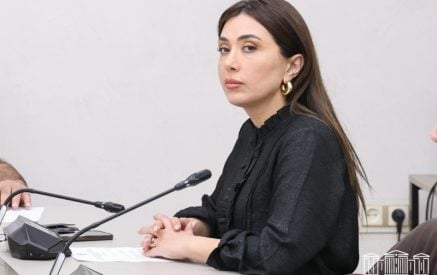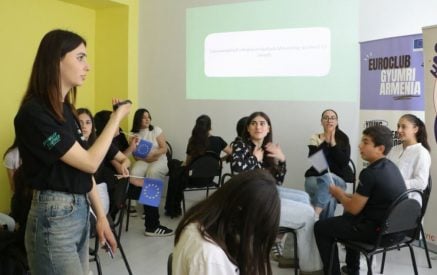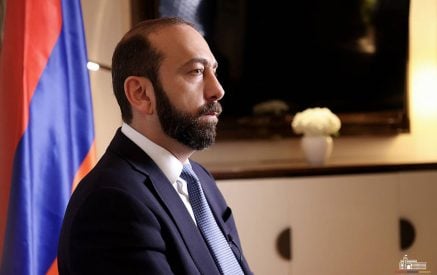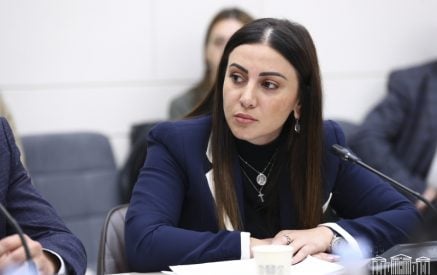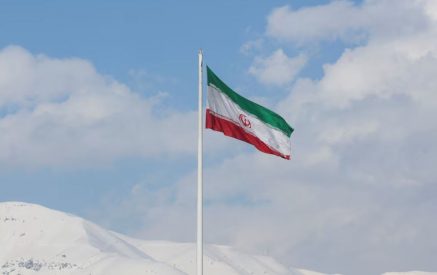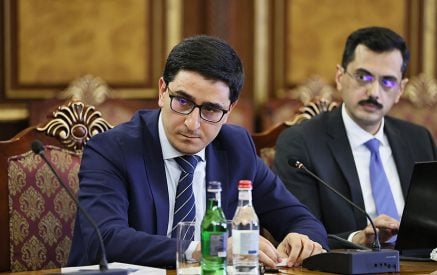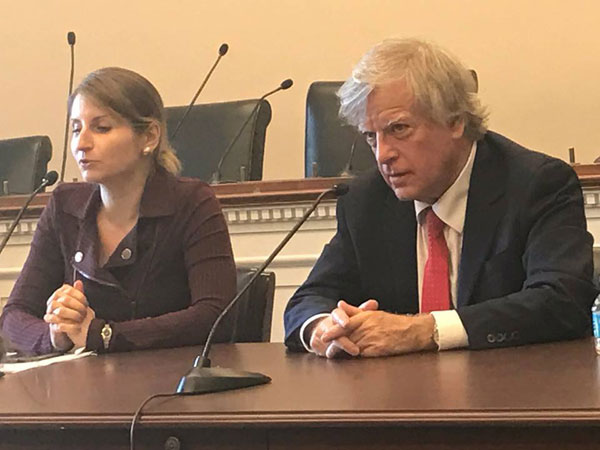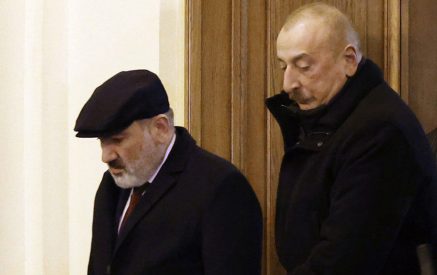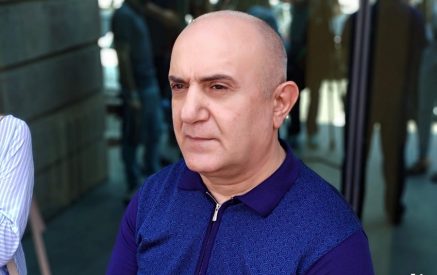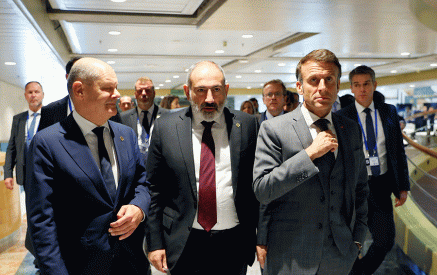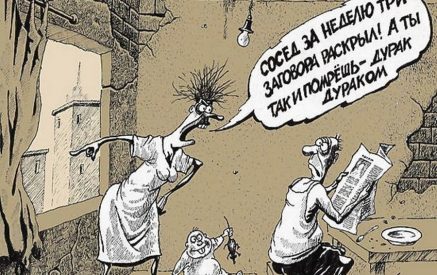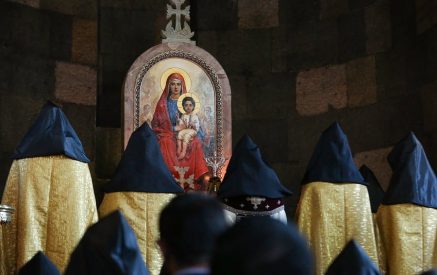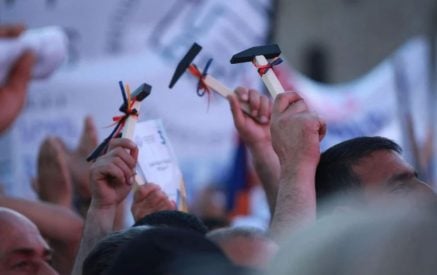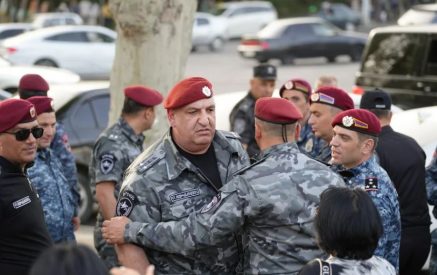Senior fellow at the Hudson University David Satter is not sure that any substantial change will be introduced in this issue after the election of Trump.
On November 17, David Satter, a special correspondent of the Financial Times newspaper in Moscow (1976-1982), expert of The Wall Street Journal (1982) on USSR affairs, currently a senior fellow at the Hudson University, and analyst on the USSR and Russian affairs, acted as a rapporteur on “Understanding the True Nature of Putin’s Regime and how to deal with it” delivered at the US Congress in which he illustrated a number of facts that, for example, the Russian-Chechen war and the Beslan terrorist act was organized by Putin’s regime. “Aravot” interviewed Mr. Satter about the report at the US Congress, the nearest developments in the US-Russian relations and the Nagorno-Karabakh conflict settlement matters.
– Mister Satter, you expressed an opinion that the main direction of the foreign policy of Russia is not the solution of the conflicts but keeping the conflicts. The US, in turn, made a statement about the speedy, peaceful and definitive solution to the conflicts in the former Soviet Union. After the elections of President Trump, what changes can we expect in the US policy on this issue, will the contradictions between the US and Russia deepen in the coming years, especially in the settlement of the conflict in the South Caucasus?
-I don’t think that the conflict between the Russia and US will deepen, maybe there will be a change in the way in which America deals with that conflict.
Read also
We have the experience of the annexation of the Crimea. If under these circumstances, closing once eyes to Russian aggressive policy it means that there is a risk to encourage Russia to create crimes in future.
If the Russian regime is convinced that there will be no strong response from the US in the event of aggression towards his neighbors that it will attempt in fact to increase Russian dominance, and the situation in the South Caucasus is perhaps not likely the main focus of that kind of activity simply because for Russia it is much more for priority to dominate Ukraine but the continuing tension in the South Caucasus, of course, gives Russia the ability to extend its influence over Armenia which is to some extent dependent on Russia.
– The US Congress has approved the sanctions against the Assad regime, against Russia and Iran. In this context, what developments do you foresee in Russian-American relations? What will be and should be the foreign policy of president Trump?
-Right now there is a conflict in the US government even within the Republican party which is the ruling party of the policy towards the Russia. If president Trump decides to remove the sanctions in an attempt to try to reach some sort of accommodation with Russia, it will definitely provoke a conflict inside the American political elite and political establishment. It is very important to keep the sanctions as an effective means putting a pressure on the countries that don’t react to the normal rules of international behavior.
– What were the reactions of your speech? You make concrete accusations for President Putin. Aren’t you afraid of pressure and consequences?
– Regarding the accusations that I have made about President Putin, these are documented by others not just by me and in fact they even have been made by the persons within Russia. I am not afraid of the pressure from the Russian side and I wouldn’t accept it.
The reaction of the speech was very positive, there was a good crowd in the Congress consisting of the journalists, interested persons and members of the staff of the Congress. I plan to begin to work on a new book, a historical work about Russia after the fall of the Soviet Union and, of course, I will continue to be active in commenting and following the US-Russia relations.
– Once more about the Nagorno-Karabakh conflict, you said that “by returning the occupied territories, Armenia will settle the Nagorno-Karabakh conflict and will be free of Russian influence.” Have you changed your opinion after the four-day war in April?
-Regarding the Nagorno-Karabakh conflict, I have to state that the four-day war in April was launched by Azerbaijan to regain territory. But I don’t have a detailed knowledge of what is going there, and I hesitate to comment on it too much, except to say that this conflict is one reason why Russia has been able to sustain its influence in that part of world, and, of course, all the parties had an interest in trying to settle it if such settlement is possible.
I am not sure what effect the election of the new US president will have on the Nagorno-Karabakh conflict. But I would honestly assume that there would be a continuity in the US policy on the question of the so-called frozen conflicts because the policy has been rather consistent to try to resolve such conflicts to the degree impossible. This is a very important conflict for Armenia, Azerbaijan, and it has cost lot of lives but it is not at the center of the attention of the US, unfortunately, so I am not sure that it has not mentioned in the presidential campaign and it may be no change of any significance in the US policy on this particular question.
– Some persons accused you of spreading propaganda.
-Sergey Markov is a Russian propagandist himself, he works for the Russian regime and I think that the fact that he is reacting to the speech is an indication that the Russian authorities are bothered about it.
Tatev HARUTYUNYAN

